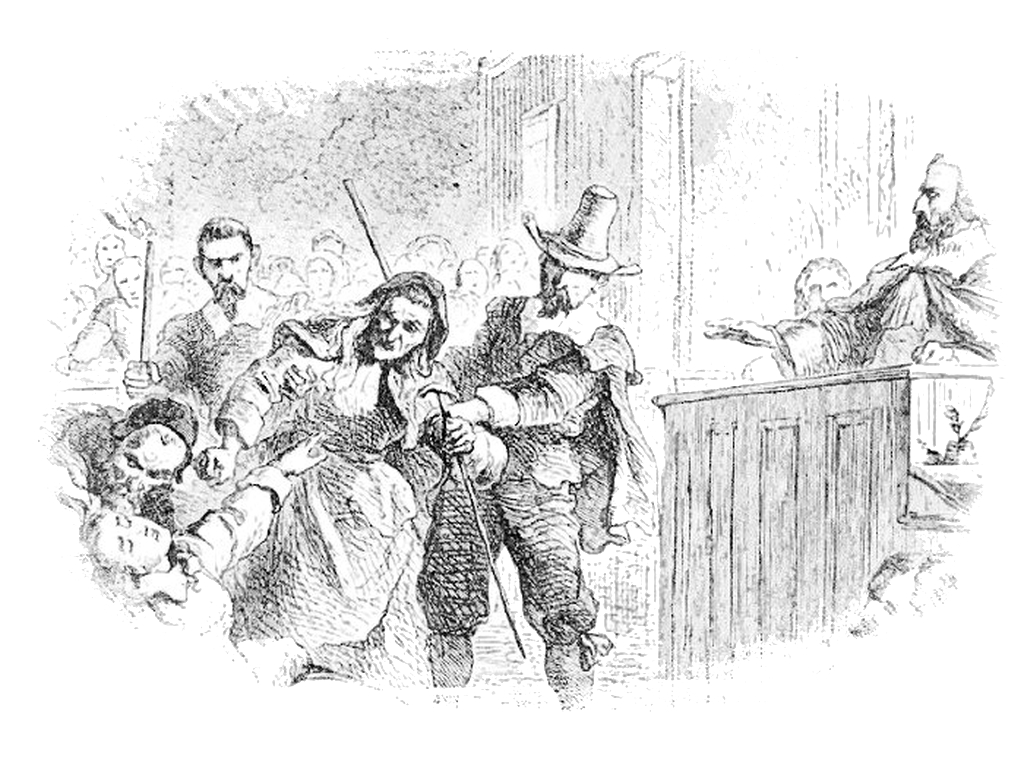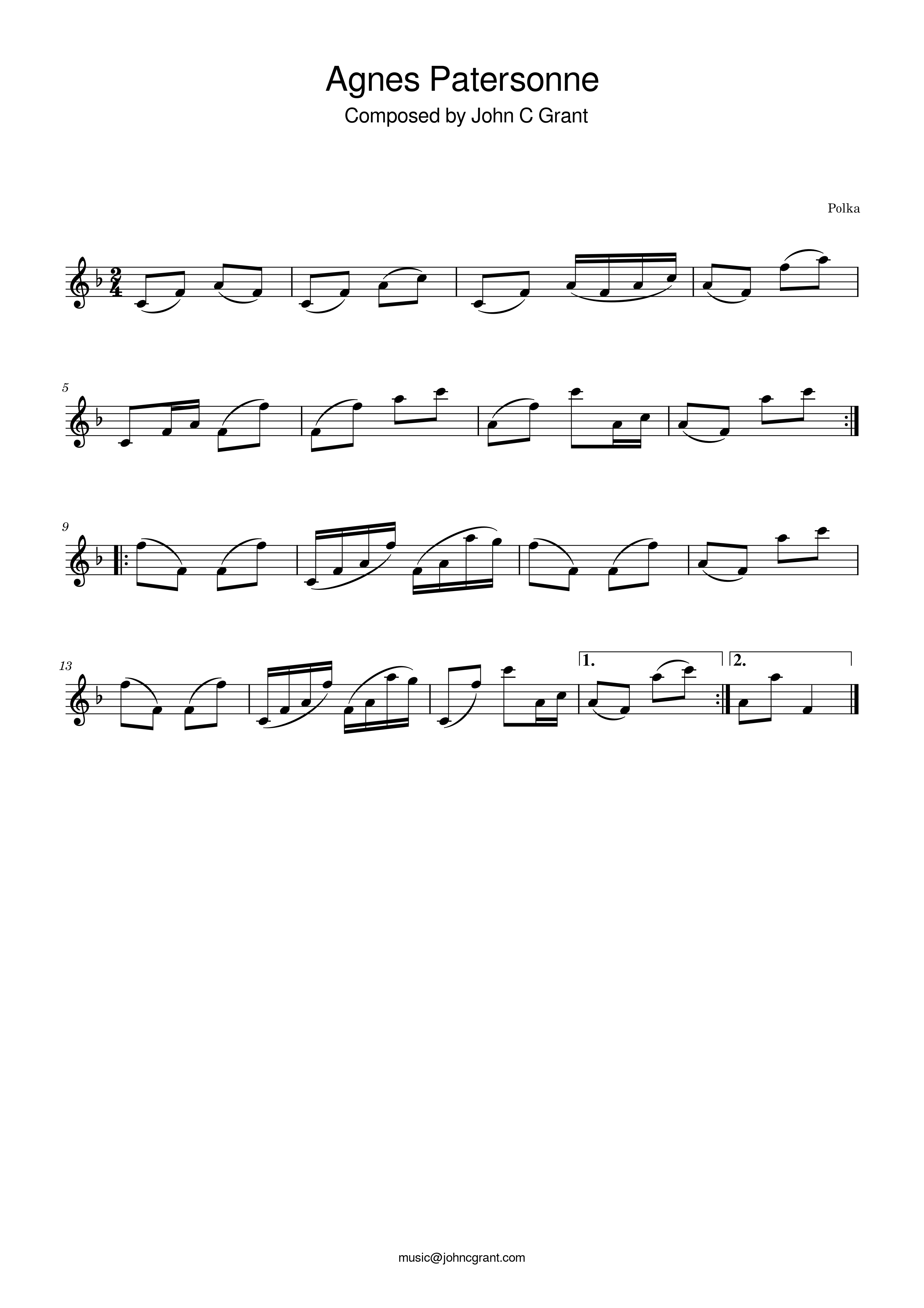
Agnes Patersonne, a resident of Tarbolton, Ayrshire, fell victim to accusations of witchcraft that led to her conviction. Her trial commenced on the morning of Wednesday, March 31, 1658, and reached its conclusion on Tuesday, April 6, 1658.
For a deeper exploration of such convictions, a comprehensive resource can be accessed at: http://witches.shca.ed.ac.uk
Dating back to 1563 in Scotland, the enactment of the Witchcraft Act persisted until 1736. This legislation primarily targeted women, with an overwhelming 84% of the accused being female. During this period, witchcraft stood as a capital offense, and those found guilty were subjected to strangulation followed by burning at the stake, leaving no remains for burial.
Accused individuals were confined while awaiting trial and subjected to torture in order to elicit confessions. In Scotland, the method of torture commonly involved sleep deprivation, a practice known to induce confusion and hallucinations. This technique was frequently employed to extract “confessions” from those accused of witchcraft. Other forms of torture included “pricking,” which entailed piercing the skin with needles and bodkins to gauge the reaction and ascertain if blood would be drawn. Additionally, examinations involving the disrobing of the accused were conducted to identify any alleged “witches’ marks” on their bodies. Regrettably, these tormenting methods often transpired in public settings. More brutal means of torture, such as crushing and nail extraction, were also employed.
For a comprehensive understanding of the pursuit of justice in this context, please refer to: https://www.witchesofscotland.com
A guide track for ‘Agnes Patersonne’ is available below for listening: -
You can download a PDF of the sheet music here
- or braille format here.
The track is additionally available within the following collections and sets: -
Associated Collections: -
2/4
Ayrshire Characters
Not Yet Recorded
Polka
The Tarbolton Collection
The Three Six Five Collection
Witches

